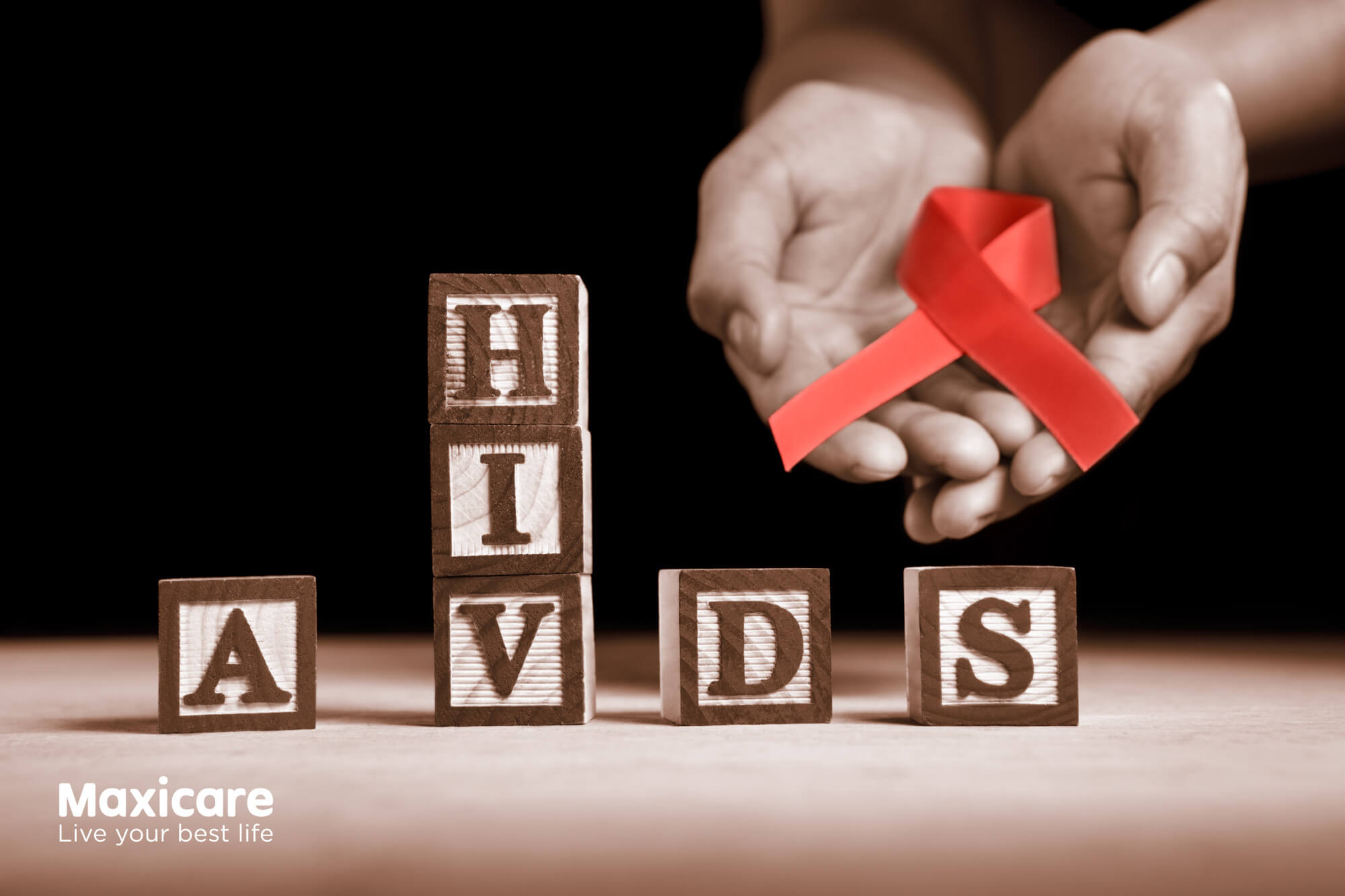 Having HIV Means You Have AIDS
Having HIV Means You Have AIDS
MYTH. The last stage of HIV (human immunodeficiency virus) infection is AIDS (acquired immune deficiency syndrome). Once you get an HIV infection, you have it for life, but it does not progress to AIDS in all people. With antiretroviral therapy treatment (ART) many people can live a normal life expectancy with HIV infection.
It’s Difficult to Get HIV From Casual Contact
FACT. HIV is not spread from casual contact, air, water, sharing dishes, toilet seats, or saliva. The virus cannot live for long periods outside the body. HIV is spread through bodily fluids including blood, semen, and breast milk and it is possible to spread the disease by having unprotected sex and sharing needles. Less commonly, HIV can be passed on through breast milk, blood transfusions (this is rare because the blood supply in the U.S. is carefully screened), and being stuck with an HIV-contaminated needle or object.
You Only Have A Few Years To Live
MYTH. At the start of the AIDS epidemic, the life expectancy was only a couple of years, however, that is no longer the case. New medications and treatments have extended the lives of people with HIV and many can live a normal life span. With early intervention, you may be able to prevent HIV from becoming AIDS.
You’ll Know You Have HIV Because of Your Symptoms
MYTH. Not everyone has symptoms when first infected with HIV. Many people have flu-like symptoms, called “acute retroviral syndrome” (ARS) or “primary HIV infection,” within 2 to 4 weeks of being infected with HIV. Symptoms may include fever, swollen glands, sore throat, rash, fatigue, muscle and joint aches, and headache. Symptoms may last a few days to a few weeks. However, these symptoms resemble many other infections and the only way to know for sure if you are infected with HIV is to get tested.
HIV Can Be Cured
MYTH. There is no drug that can cure HIV infection, but there are treatments that can help control the virus, protect your immune system, and possibly prevent HIV from becoming AIDS. Right now there are five different “classes” of HIV drugs, and current recommendations are for patients to take three different antiretroviral drugs from two different classes.
Anyone Can Get HIV
FACT. Anyone can be infected with HIV. In 2010, men who had sex with men accounted for 67% of new infections, and women accounted for 19% of new infections. The incidence of HIV among African Americans is about 8 times as high as in whites.
Sex Is Safe When Both Partners Have HIV
MYTH. Even if both partners are HIV-positive and symptom-free, one may still carry another sexually transmitted infection (STI). In addition, you and your partner may have different variations (strains) of the HIV virus. Using condoms and dentals dams is always safer. Latex condoms protect the best against HIV infection; lambskin condoms do not provide any protection as the virus can pass through them.
You Can Have a Baby if You Are HIV-Positive
FACT. Pregnant women who are HIV positive can pass the HIV virus to their babies. It can happen during pregnancy, during vaginal childbirth, or while breastfeeding. However, if the mother receives treatment with antiretroviral drugs during pregnancy, has a C-section delivery, and avoids breastfeeding, she can greatly reduce the risk of passing the infection on to her baby.
Other HIV-Related Infections are Unavoidable
MYTH. People with HIV are vulnerable to what is called opportunistic infections. These include tuberculosis, pneumonia, septicemia (blood poisoning), candidiasis, herpes, cytomegalovirus, and some HIV-associated cancers such as Kaposi’s sarcoma, lymphoma, and squamous cell carcinoma. Antiretroviral therapy treatment can greatly reduce your risk of getting these opportunistic infections by increasing your CD4 cells. Other infections can be prevented with medications.
If you need to see a doctor or book a lab test, schedule a visit to a Primary Care Clinic near you. You may also consult with a doctor immediately with our Teleconsult and Videoconsult services powered by Doctor Anywhere. And, should you require it, HomeCare medical procedures are available upon request in Metro Manila and selected provinces.
Source
http://www.medicinenet.com/hiv_aids_myths_and_facts_pictures_slideshow/article.htm







